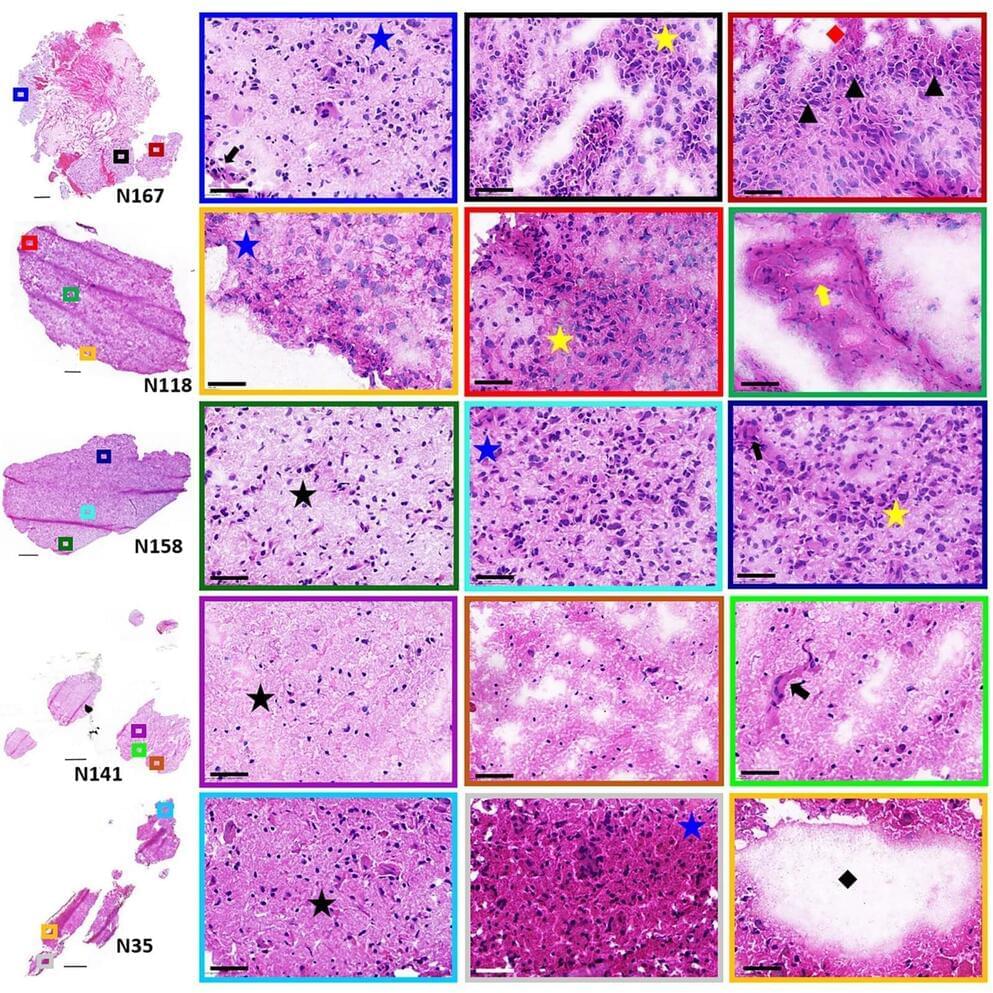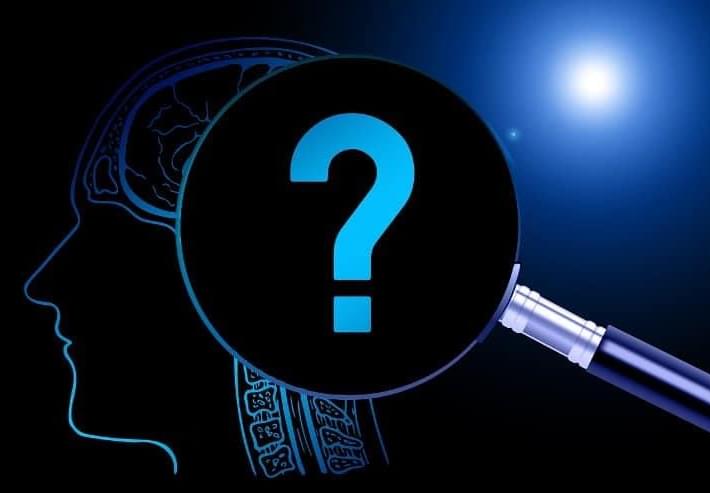Do you want to live a better, healthier and longer life? Me too.
Lets go back to 1937, when Albert Szent-Györgyi won a Nobel Prize for his discovery of ascorbic acid—vitamin C—that enables the body to efficiently use carbohydrates, fats, and protein (I use it a lot during cold and flu season, you?). It was a massively consequential discovery, as it not only saved and extended countless lives, but it also contributed to the foundations of modern nutrition. Szent-Györgyi, himself, was blessed with a long life; he died in 1986 at the age of 93. But he might just as well be known for what he said on his 90th birthday: “I wish I could be 75 again!”
No doubt, that comment elicits more than a few eyerolls today. Especially since the CDC has recently downgraded American life expectancy to just 77 years. But could 75 someday be the new 40—an age by which, like Szent-Györgyi, we’re only hitting our stride? Well, if the burgeoning activity of the life extension industry is any indication, we may actually be on the cusp of making it so—and enjoying life to the fullest right up to the extended end. Which brings us to the morbid thought of mortality—that end state most of us seek to delay, if not dodge.




